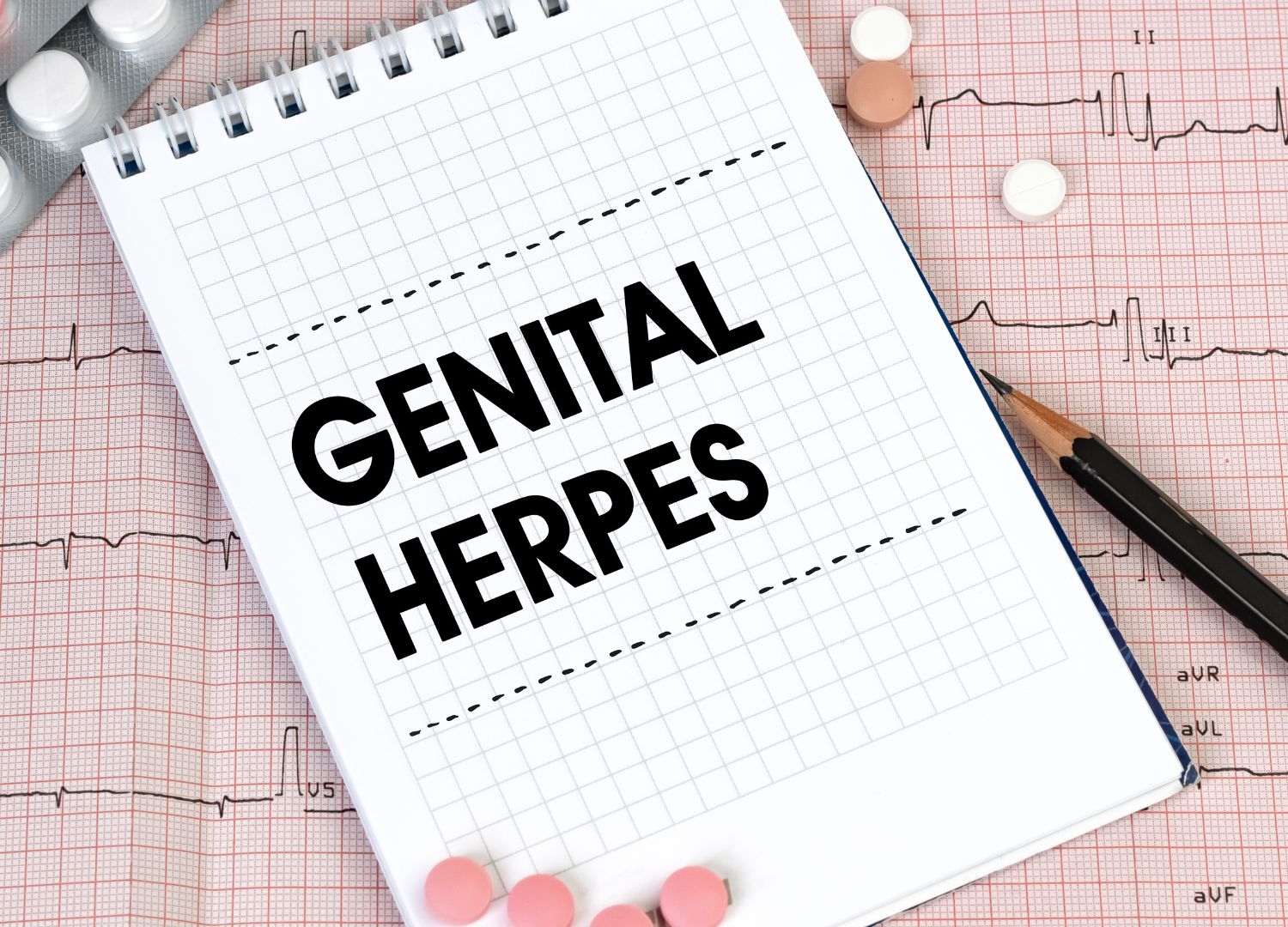
Low Testosterone for Men
Wetin be testosterone?
Testosterone na vital hormone wen dey responsible for various physiological functions in men, including the development of male reproductive tissues and the maintenance of muscle mass and bone density.
Low testosterone, na condition wen dey affects significant number of men, especially as dem dey age. E dey happen wen testosterone levels dey below wetin dey normal for men for that age group.
Wetin be the causes of Low Testosterone for Men?
Many factors fit lead to low testosterone levels for men. These factors dey different from person to person and fit sometimes dey more than one for person.
a) Aging: As men dey old , dia testosterone production dey naturally decrease and that one go lead to lower levels of the hormone.
b) Medical Conditions: some medical conditions fit impact testosterone production.
c) Injury or Infection: Testicular injury or infections fit scatter the production of testosterone.
d) Chronic Illness: Serious illnesses like kidney and liver disease fit contribute to low testosterone levels.
e) Medications: Some medications, including opioids fit affect hormone production.
Wetin dey happen wen man get low testosterone?
To Identify the symptoms of low testosterone dey important for dem to quick detect am and quick seek professional help.
Common signs of low testosterone for men na:
a) Reduced Sex Drive: Low libido and decreased interest for sexual activities.
b) Erectile Dysfunction: Difficulty go dey to achieve or maintain erection.
c) Fatigue: every time tiredness and lack of energy.
d) Loss of Muscle Mass: Decreased muscle strength and size.
e) Increased Body Fat: Accumulation of fat go dey particularly around the waist.
f) Mood Changes: Irritability, depression, and a decrease in overall well-being.
g) Decreased Bone Mass: Increased risk of fractures.
How dem go take diagnose Low Testosterone?
If man begin experience symptoms of low testosterone, e dey necessary for healthcare professional to do comprehensive evaluation .
a) Medical History: Dem go discuss symptoms and medical history to identify potential risk factors.
b) Physical Examination: Dem go do thorough physical examination to check weda any visible signs of low testosterone dey .
c) Blood Tests: Dem go measure testosterone levels through blood test to confirm the diagnosis.
Wetin be the treatment options?
Effective management of low testosterone fit improve man quality of life.
Common treatment options na:
a) Testosterone Replacement Therapy (TRT): TRT dey involve the administration of testosterone through gels, patches, injections, or pellets to restore normal hormone levels.
b) Lifestyle Changes: to Adopt healthy lifestyle, including regular exercise, a balanced diet, and sufficient sleep, fit positively impact testosterone levels.
c) Stress Management: to reduce stress and anxiety levels fit aid for hormone regulation.
d) Medication Adjustment: If low testosterone results dey from specific medications e go dey necessary to adjust am or discontinue am .
Wetin men wen get low testosterone go do ?
Before you pursue any treatment, e dey essential for men wen dey suspected to get low testosterone to:
a) Consult Healthcare Professional: Na only qualified healthcare provider fit talk say man get Low testosterone and recommend appropriate treatment.
b) Discuss Potential Risks and Benefits: You go need understand the potential side effects and benefits of treatment options.
c) Regular Monitoring: to regularly monitor testosterone levels during treatment dey needed so dat dem go fit adjust the approach if need dey .
Conclusion
Low testosterone na common condition wen dey affect men, and to recognize em symptoms and to find quick medical advice dey important .
Men fit manage appropriate diagnosis and treatment of low testosterone , improve their overall well-being and that one go allow them to lead healthy and fulfilling life.
Just like with any medical concern, always consult healthcare professional for personalized advice and treatment plans.












